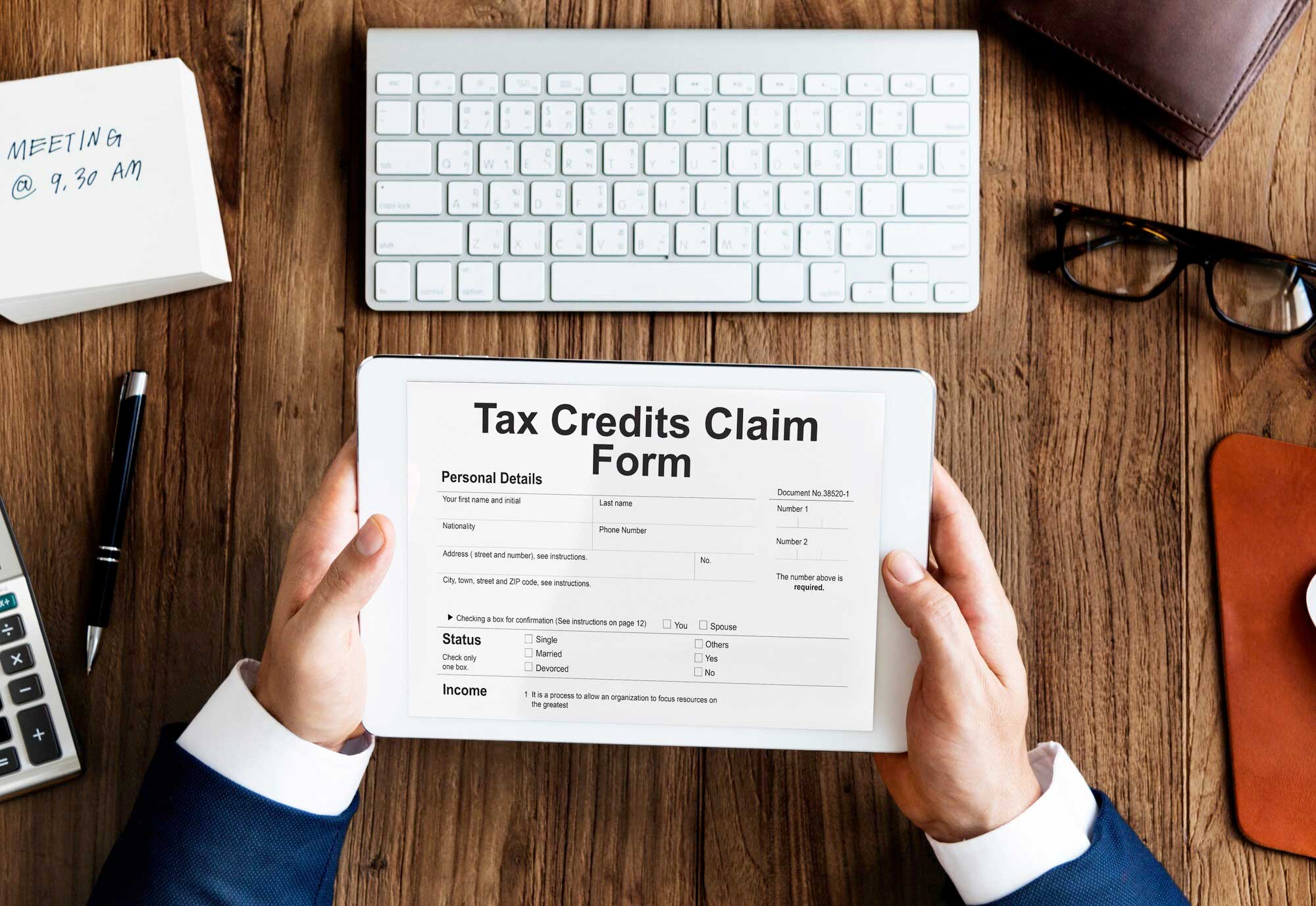Running a small business comes with its own set of challenges, and managing taxes is undoubtedly one of the more complex aspects. However, with the right strategies and a proactive approach, small business owners can navigate the tax landscape with confidence. In this guide, we'll explore essential tax tips tailored for small businesses, helping them optimize their financial health and maximize returns.
1. Stay Organized from Day One
Organization is the cornerstone of effective tax management. From receipts and invoices to expense reports and financial statements, keeping meticulous records ensures you have the documentation needed for accurate and efficient tax filing. Consider leveraging digital tools and accounting software to streamline record-keeping processes.
2. Understand Your Business Structure
The structure of your business—whether it's a sole proprietorship, partnership, LLC, or corporation—impacts your tax obligations. Each structure comes with its own set of tax implications. Understand the nuances of your chosen structure and how it influences aspects like income reporting, deductions, and liability.
3. Leverage Small Business Deductions
Small businesses are eligible for a variety of deductions that can significantly reduce taxable income. Common deductions include expenses related to office space, equipment, travel, and employee wages. Stay informed about available deductions and work with a tax professional to ensure you're taking advantage of every opportunity to minimize your tax liability.
4. Separate Personal and Business Finances
Maintaining a clear distinction between personal and business finances is not only good practice but also essential for accurate tax reporting. Open separate bank accounts and credit cards for your business to avoid commingling funds. This separation simplifies record-keeping and ensures that business-related transactions are easily identifiable.
5. Keep Tabs on Quarterly Estimated Taxes
Unlike employees who have taxes withheld from their paychecks, small business owners are typically responsible for paying quarterly estimated taxes. Failing to stay on top of these payments can result in penalties and interest. Work closely with your accountant to estimate your tax liability and make timely payments throughout the year.
6. Embrace Technology for Bookkeeping
In the digital age, manual bookkeeping can be a time-consuming and error-prone task. Explore cloud-based accounting software and apps that automate financial processes, making it easier to track income, expenses, and overall financial health. These tools also facilitate seamless collaboration with accountants or tax professionals.
7. Capitalize on Tax Credits
Small businesses may be eligible for various tax credits designed to incentivize specific behaviors or activities. Research and identify credits that apply to your industry or business activities. Common credits include those for research and development, hiring certain demographics, or implementing energy-efficient practices.
8. Plan for Retirement with Tax-Advantaged Accounts
Small business owners often have the flexibility to contribute to tax-advantaged retirement accounts. Contributions to accounts like a Simplified Employee Pension (SEP) IRA or a Solo 401(k) not only help you save for retirement but also offer potential tax benefits. Consult with a financial advisor to determine the best retirement strategy for your business.
9. Explore Section 179 Expensing for Asset Purchases
Section 179 of the tax code allows businesses to deduct the full purchase price of qualifying equipment and assets in the year of purchase, rather than depreciating them over time. This can provide a significant upfront tax benefit for small businesses investing in essential assets.
10. Seek Professional Guidance
While it's crucial to have a foundational understanding of small business taxes, seeking professional guidance is invaluable. A certified accountant or tax advisor can provide personalized insights based on your specific business circumstances, helping you navigate complex tax regulations and make informed financial decisions.
Conclusion: Mastering the Art of Small Business Taxes
Mastering the art of small business taxes requires a combination of knowledge, organization, and strategic planning. By staying informed about deductions, credits, and regulatory changes, small business owners can optimize their tax position and contribute to the overall financial health of their enterprises. Embrace technology, enlist professional support, and approach tax planning with a proactive mindset to ensure your business thrives in the ever-evolving tax landscape.











